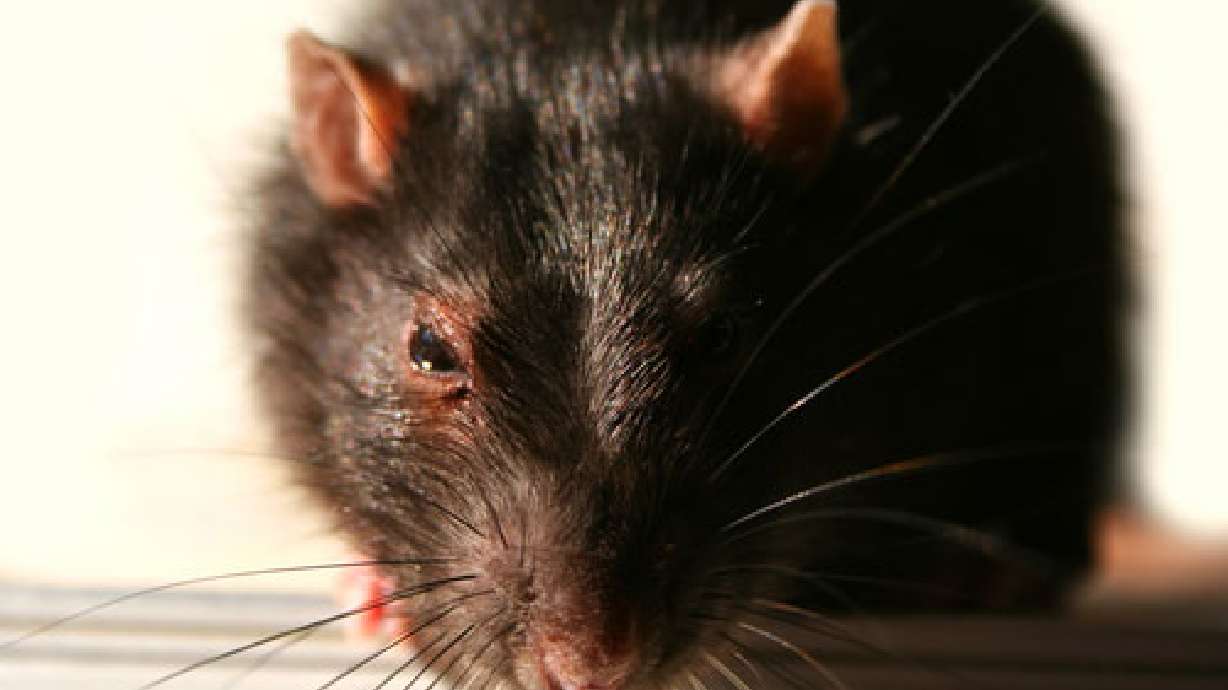Estimated read time: 2-3 minutes
This archived news story is available only for your personal, non-commercial use. Information in the story may be outdated or superseded by additional information. Reading or replaying the story in its archived form does not constitute a republication of the story.
SALT LAKE CITY — If you thought it was hard finding something to eat while poking through your fridge, think of the humble woodrat.
A biology professor at the University of Utah has been studying how some woodrats have the ability to handle a diet of toxic plants and live to see another day. Woodrats tend to live in the southwest deserts of the U.S.
For decades, we have been trying to understand how herbivores deal with toxic diets.
–Denise Dearing
"For decades, we have been trying to understand how herbivores deal with toxic diets," said Denise Dearing, biology professor at the U. Dearing just published a study in the British Ecological Society's online journal Functional Ecology.
Dearing and a group of other scientists compared the diets of woodrats who eat only juniper to woodrats who eat several kinds of plants. "We were trying to understand how they regulate the dose of toxic chemicals they eat by observing how often and how much they ate," she said.
They found that woodrats with a varied diet were better at limiting toxins than those that only ate juniper. These rats avoided poisoning themselves by eating smaller meals, increasing times between meals to avoid toxic buildup, and drinking more water when it's available. By comparison, woodrats who only eat juniper have developed special enzymes to handle juniper toxin exclusively.
Dearing conducted research with U. biology graduate student Ann-Marie Torregrossa, who is now a postdoctoral fellow at Florida State University.
Eleven "generalist" woodrats were chosen and seven rats who only eat juniper. Both species were fed a diet of juniper, which contains a few dozen toxins, including alpha-pinene, which is found in turpentine. The toxin causes water loss, so rats that double their water intake remained healthy. Six generalists were removed from the study because they lost 10 percent of their body weight.
Scientists theorize that generalist rats have special gut receptors that monitor poison intake and signal the rat to stop eating.
Email: gfattah@desnews.com








